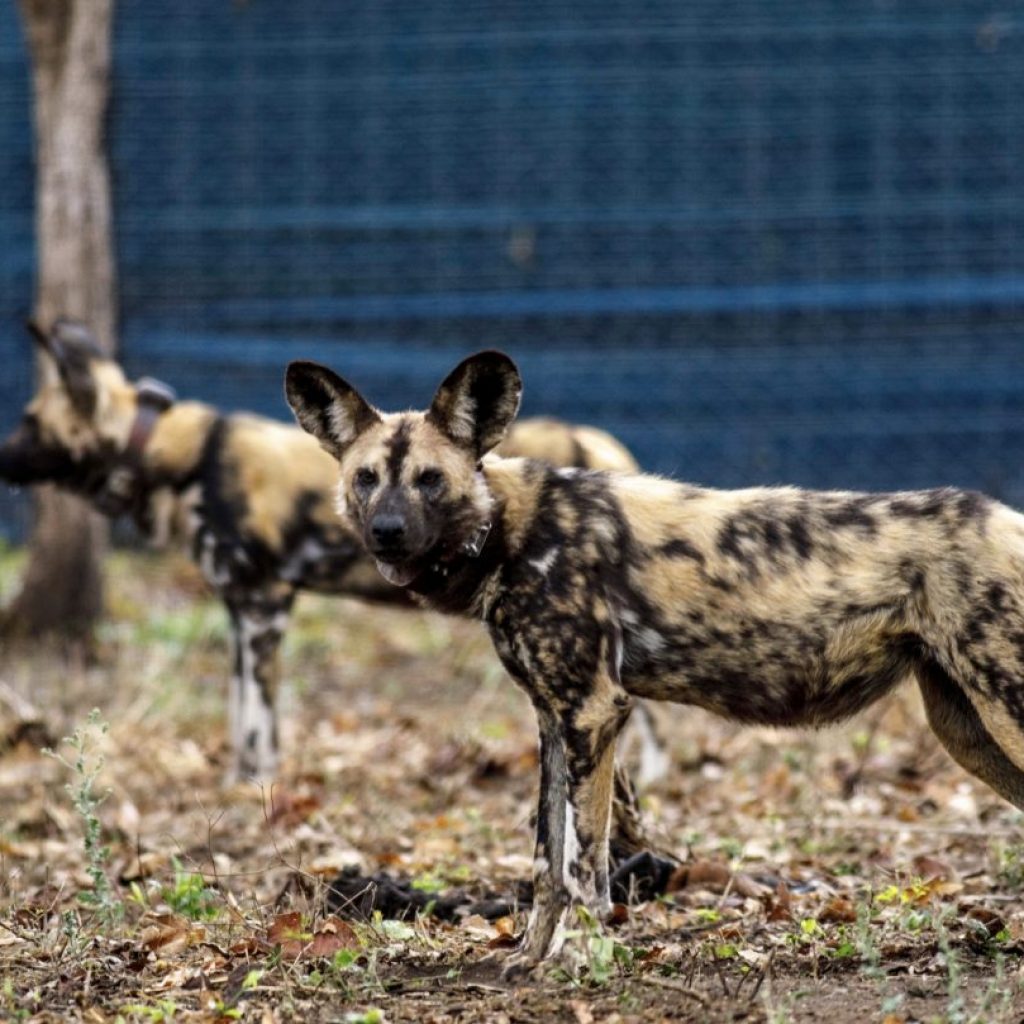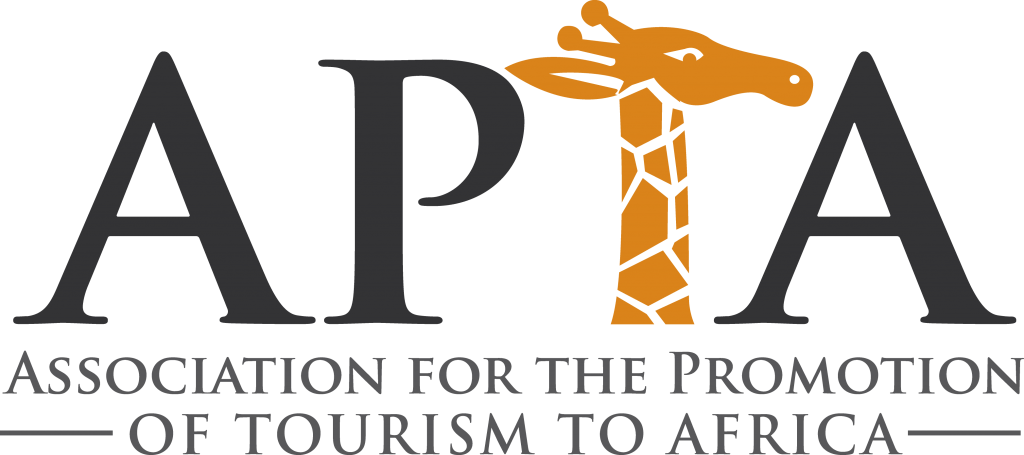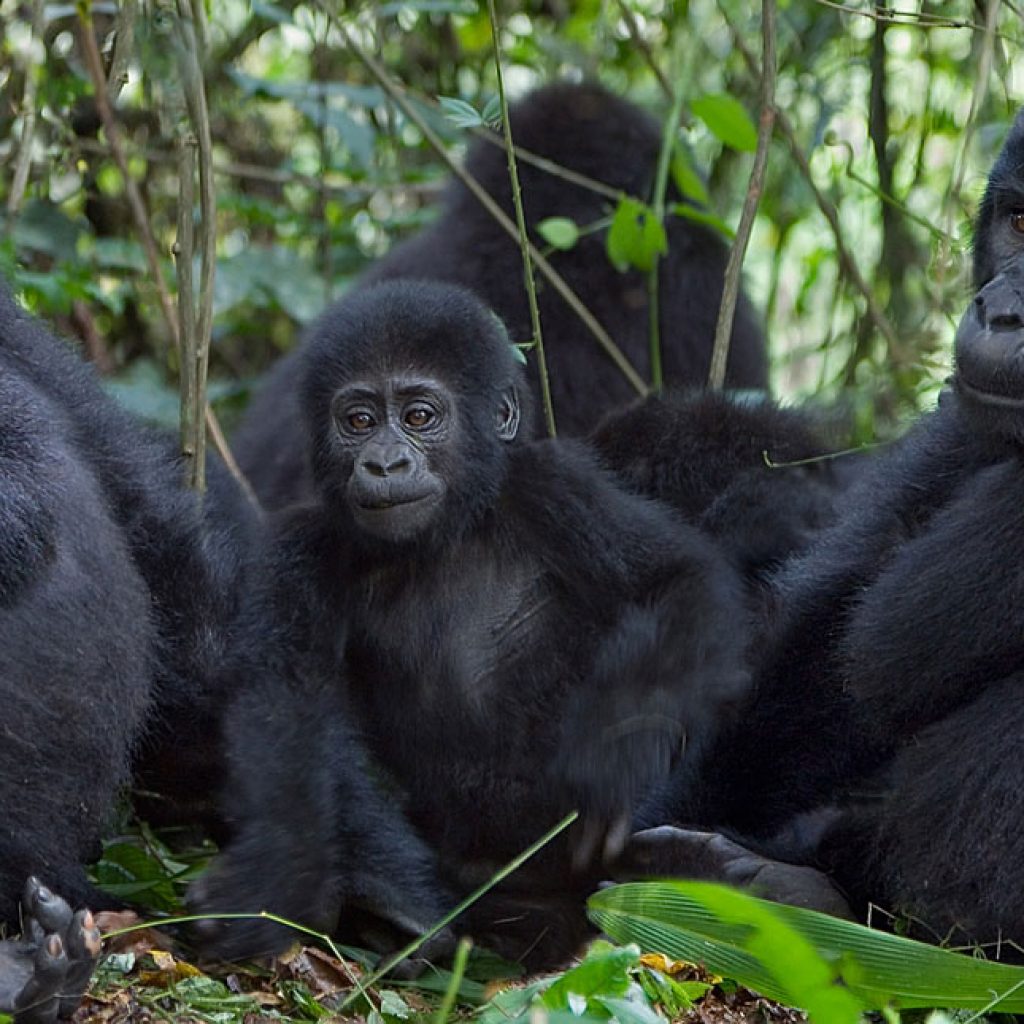
In July 2021, eight African wild dogs were successfully translocated to Liwonde National Park in Malawi. We are delighted to announce that after seven months establishing themselves in their new environment, pups have now been seen by visitors and caught on camera!
Six weeks after the pack, composed of five males and three females, arrived in the park, nine pups were confirmed using a camera trap and are believed to be the first litter born in the country after many years. Over the last few months the pack have moved den sites several times and so far, all eight adults and nine pups, which are now five months old, appear to be healthy and well-adjusted to their new home.





About The Author: David DiGregorio
More posts by David DiGregorio